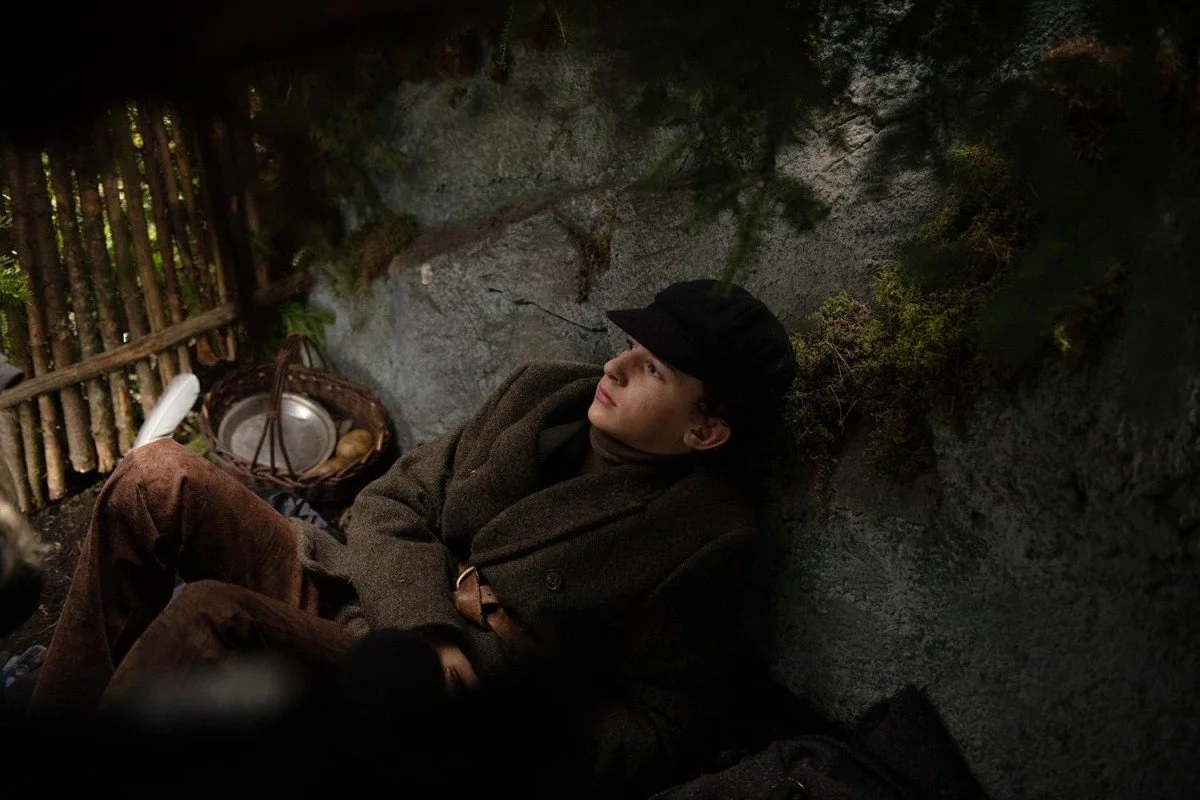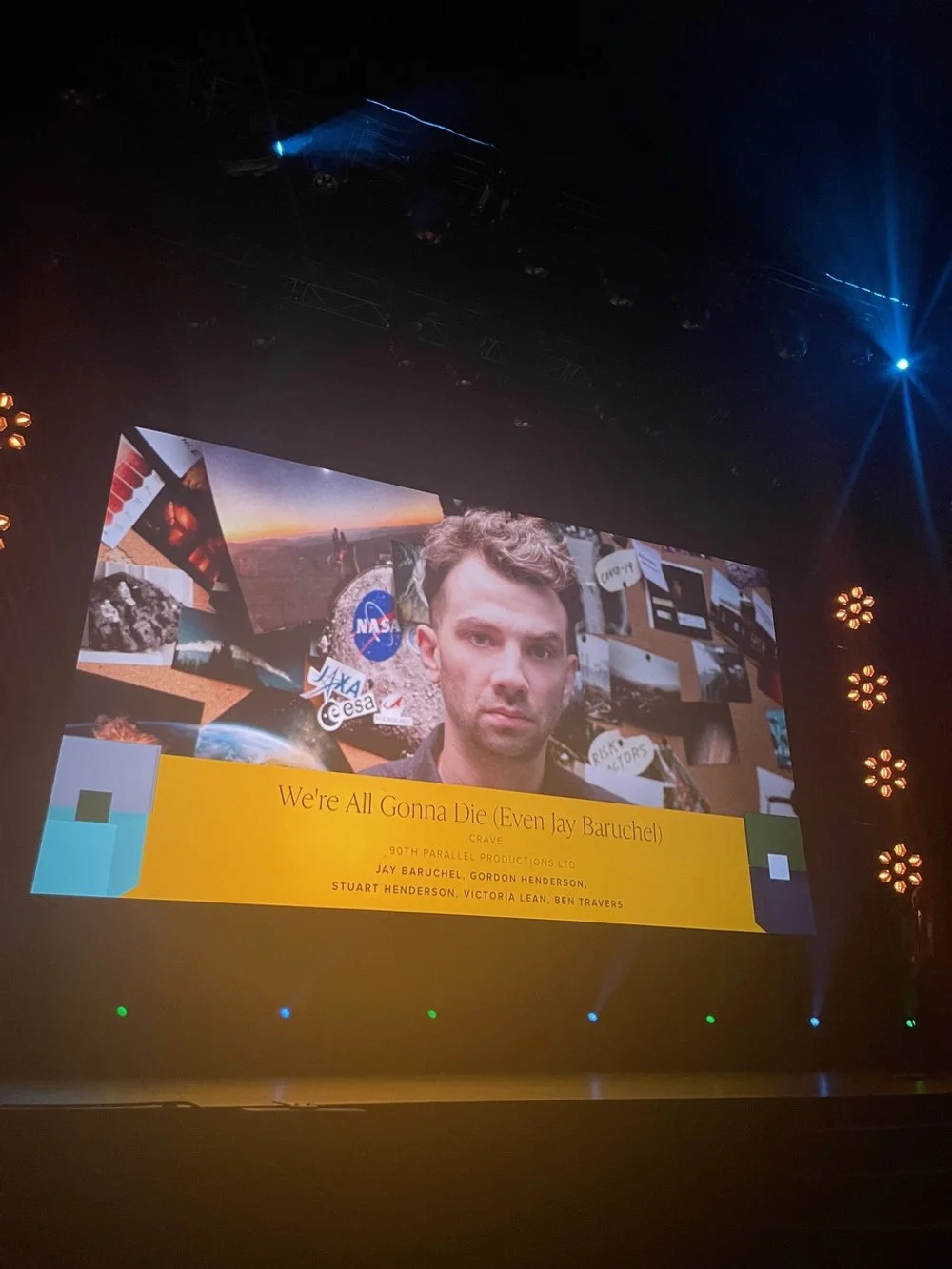The theatre is a unique space. It plays out in real time, without editing or cutting to improve the narrative flow. Stuff can happen (Murphy's law), and you have to role with the punches.
The world can feel so large and yet so small at times. Here's what I mean. One of my favourite English professors from undergrad met up with a fellow classmate in Ottawa for a seminar talk. They conversed and he mentioned his daughter's and her partner's theatre company, Coal Mine Theatre, and their need to build a website before the new 2015 / 2016 season. And presto, through fate and good fortune, my name got thrown into the mix and I got to go on an amazing journey with Diana Bentley and Ted Dykstra this past summer.
Working with two graphic designers, Catherine Erkinger and Kostis Pedritis, the three of us constructed and fashioned a website that is simple, easy to navigate, and rich in colour.
What is Coal Mine Theatre? It is a company that produces off-off broadway plays. Very indie, with large name actors occupying intimate spaces and creating an experience like no other for the audience.
"If you sit in the front row of the Coal Mine’s tiny theatre, a storefront venue on Toronto’s Danforth Avenue, you’ll get a close-up view of Ferry as he nimbly beheads and eviscerates a glistening silver trout while an instrumental version of Cole Porter’s I’ve Got You Under My Skin plays wryly in the background." - The Globe and Mail
The 2015 / 2016 theatre season is comprised of four plays: The River, The Winter's Tale, Killer Joe, and Instructions (to any future socialist government proposing to abolish Christmas).
The 2015 / 2016 season at Coal Mine Theatre
I watched "The River" (Jez Butterworth) this past weekend and I was mesmerized. My partner and I were struck with the mystique, the open ended plot, the brilliant stage direction (ahem Ted Dykstra) and the intense emotion evoked by each actor on stage.
"Butterworth’s style easily moves between mundane exchanges and a heightened poetic prose." - Stage Door
Post City captures "the man" (David Ferry) in the narrative hauntingly beautiful, showcasing the intricate and detailed set design and the uncomfortable and open ended story.
Truly a work that will haunt me moving forward. I canno wait for the rest of the season.
This is an experience like no other!





